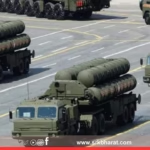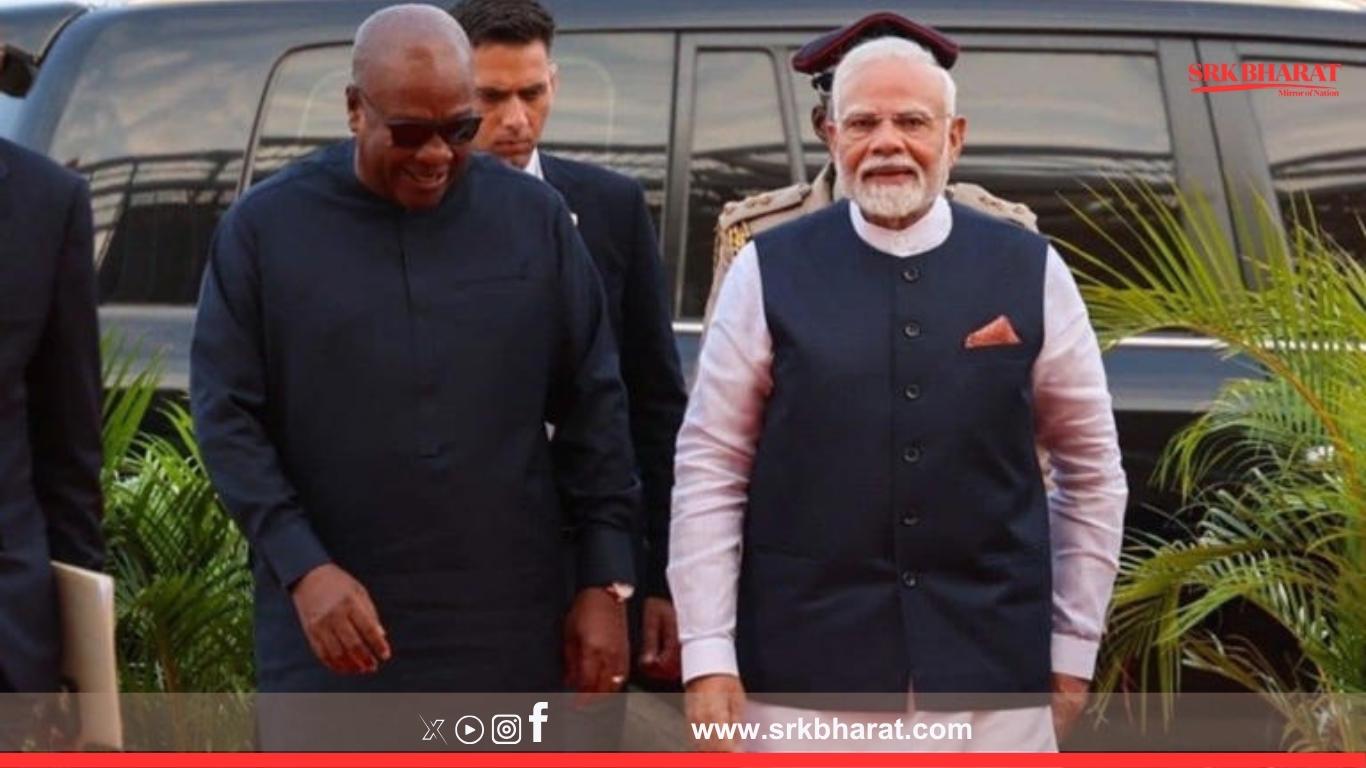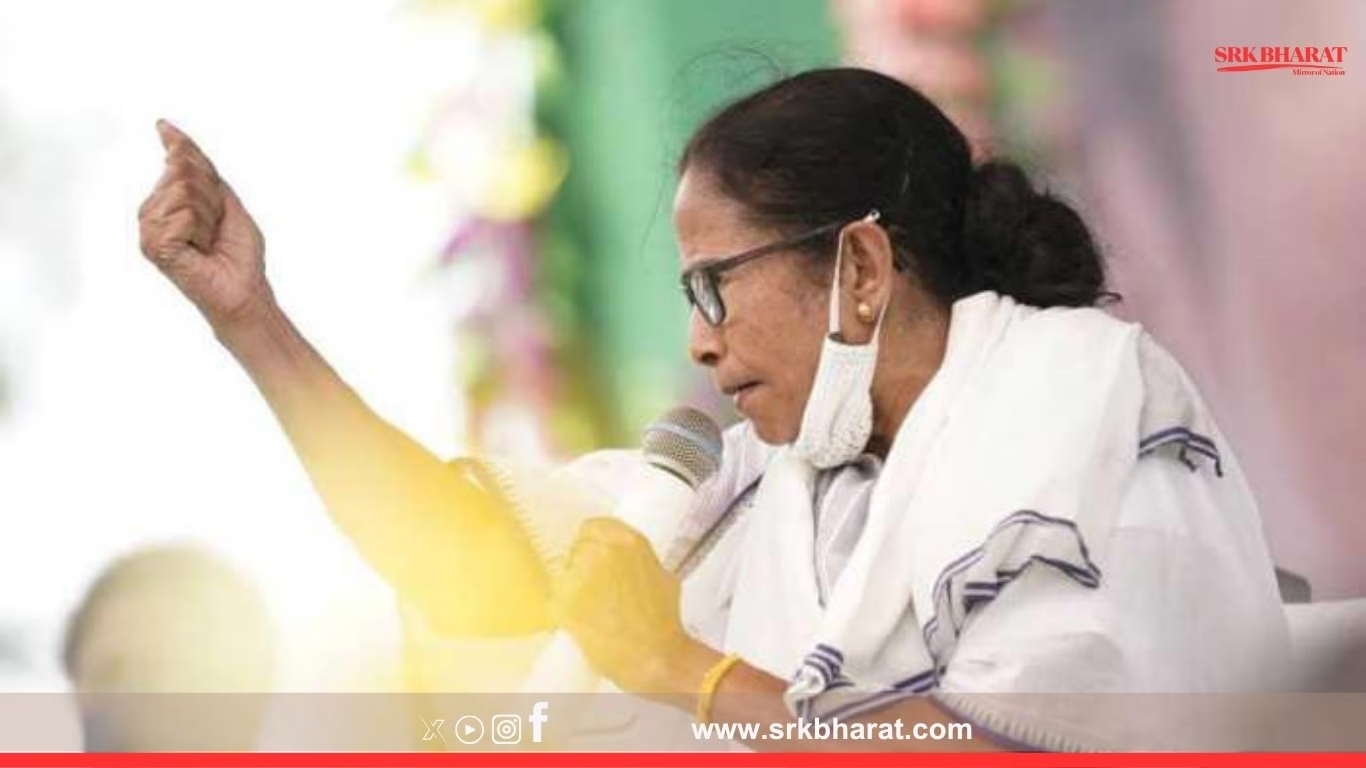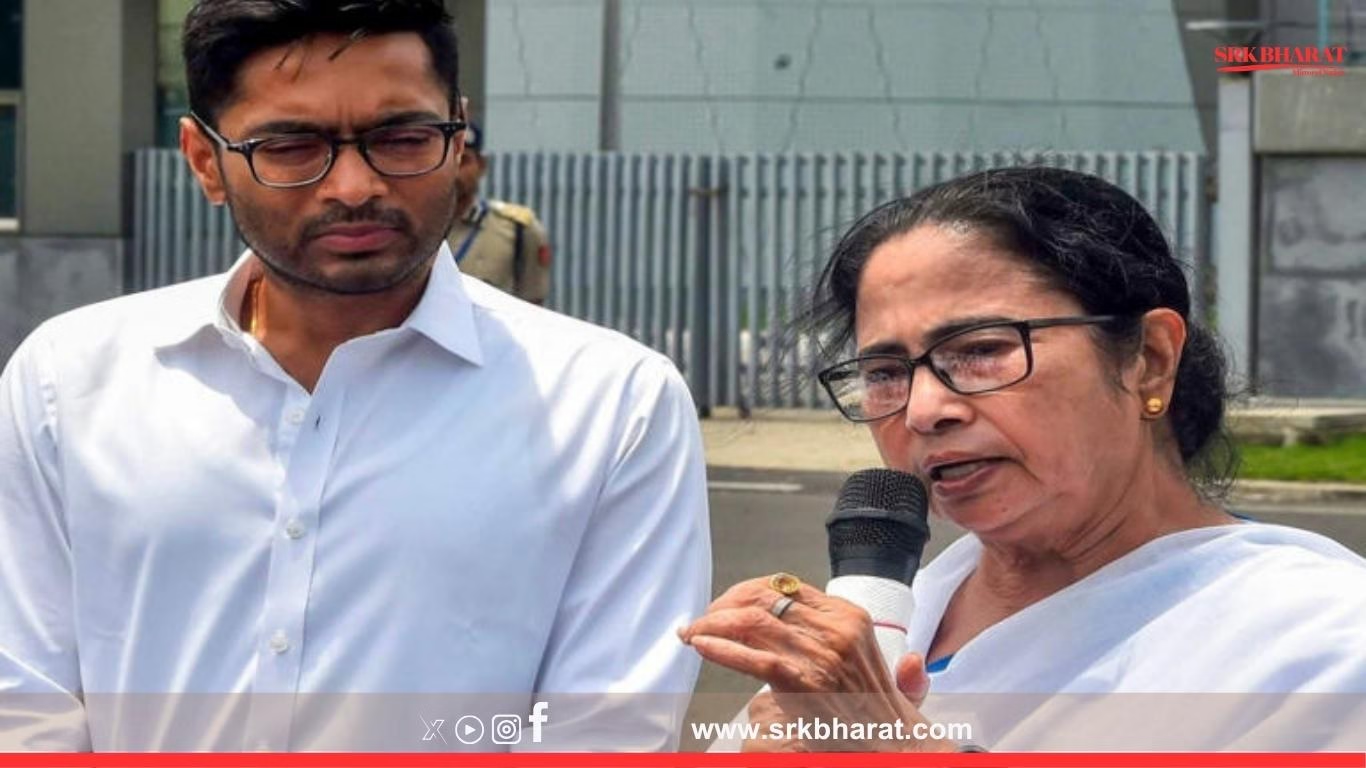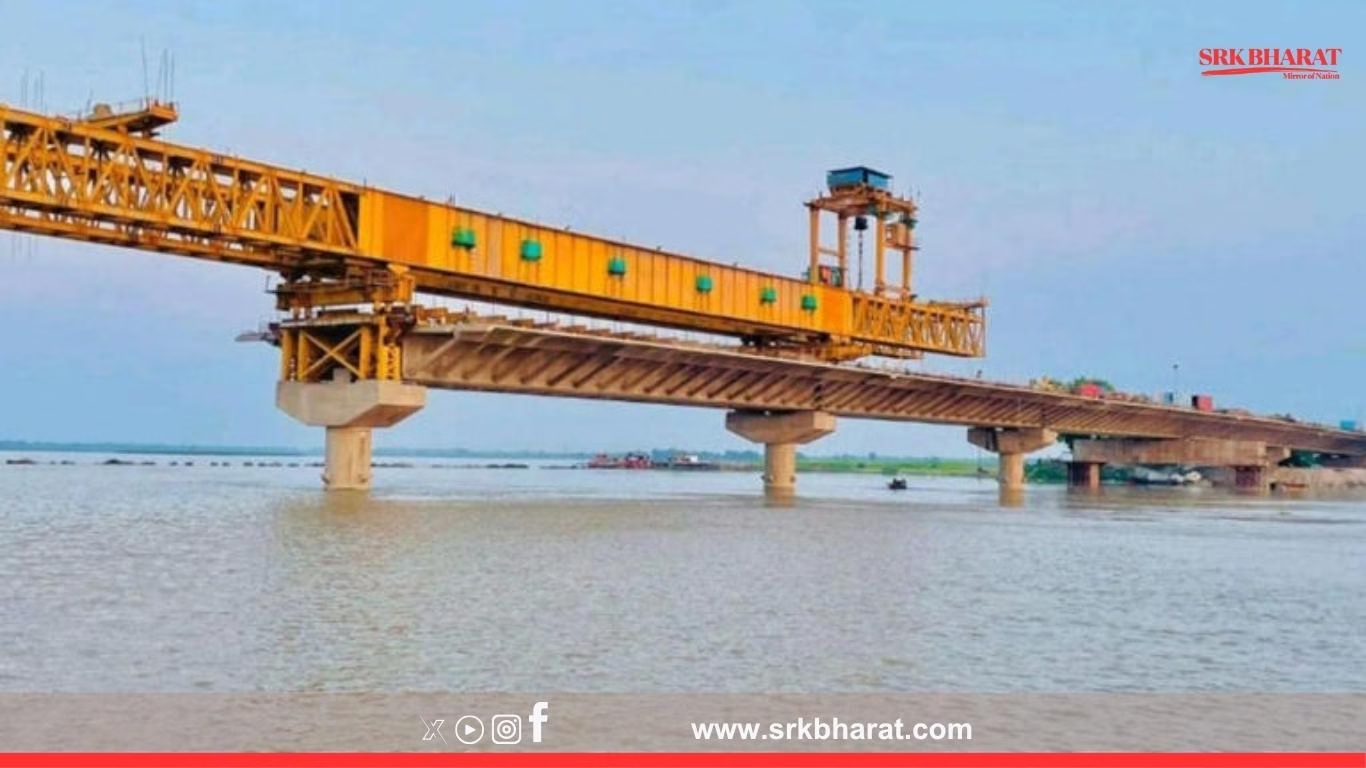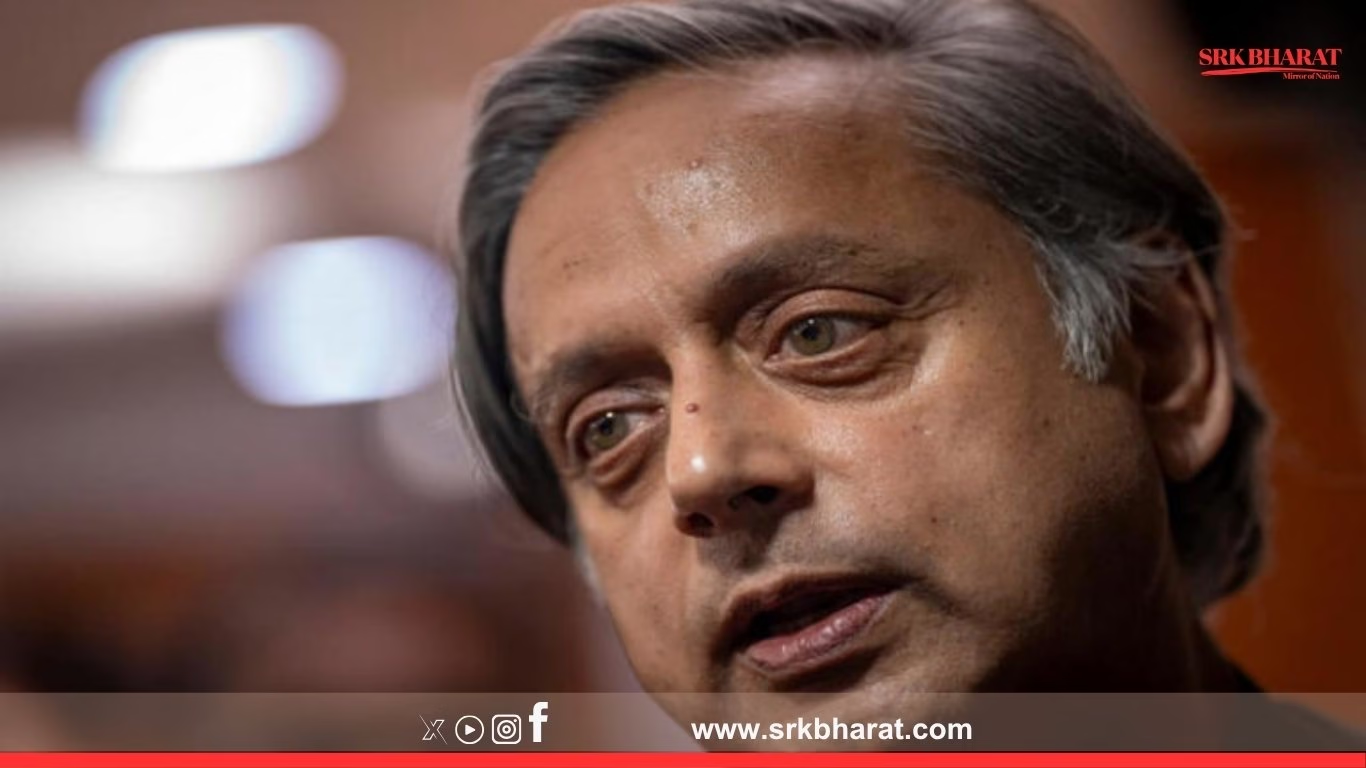In a decisive move to secure critical energy and mineral resources, Prime Minister Narendra Modi concluded key bilateral deals with Ghana, Trinidad and Tobago, and Namibia, aiming to strengthen India’s resource security, diversify energy imports, and expand geopolitical influence in Africa, Latin America, and the Atlantic.
Key Highlights Of The Strategic Outreach
- Securing critical minerals from Africa for clean energy technologies.
- Expanding LNG imports from Trinidad to stabilise India’s gas supply.
- Strengthening energy and defence partnerships for strategic footprints abroad.
Ghana: Gateway To West African Critical Minerals
During his first visit to Ghana, PM Modi signed crucial agreements targeting lithium, bauxite, and gold mining sectors, cementing India’s entry into West Africa’s mineral economy.
| Sector | Deal | Impact |
|---|---|---|
| Lithium | MoU for joint exploration and processing with Ghana Integrated Aluminium Development Corporation (GIADEC). | Secures supplies for India’s EV and battery storage ecosystem. |
| Bauxite | Collaboration with Ghana Bauxite Company to process alumina in India. | Reduces dependence on Chinese bauxite. |
| Gold | GJEPC-Ghana Chamber of Mines partnership to ensure ethical gold sourcing. | Strengthens India’s jewellery exports while supporting Ghanaian miners. |
Strategic Rationale In Ghana
India’s energy transition requires lithium, cobalt, and rare earth minerals. Ghana’s unexplored lithium reserves, with deposits discovered in Ewoyaa and Volta regions, align with India’s critical mineral security agenda.
A senior official in the Ministry of Mines said:
“Ghana offers stability, English-speaking governance, and reliable regulatory frameworks. This is the first step in PM Modi’s Africa critical mineral pivot.”
Trinidad And Tobago: LNG And Hydrocarbon Cooperation
In Port of Spain, PM Modi oversaw the signing of agreements to:
- Double LNG imports from Trinidad’s Atlantic LNG facility over the next five years.
- Facilitate joint offshore oil and gas exploration projects under NELP and OALP models.
- Strengthen diaspora-driven fintech and startup collaborations.
| Resource | Current Supply | Proposed Expansion |
|---|---|---|
| LNG | ~1 million tonnes per annum | Up to 2 million tonnes per annum |
| Oil | Marginal imports | Potential offshore participation with NGC and BP Trinidad |
Trinidad’s LNG is crucial for India’s diversified energy basket amidst price volatility in Qatar, Oman, and US Henry Hub-linked contracts.
Namibia: Uranium, Green Hydrogen, And Rare Earths
PM Modi’s final leg in Namibia resulted in landmark deals:
- Uranium supply agreement with Rossing Uranium Mine to feed India’s expanding nuclear power plants under the 2023 nuclear roadmap.
- Strategic rare earth mineral exploration partnership, opening Namibia’s deposits for Indian investment under the critical mineral diplomacy framework.
- Green Hydrogen MoU to invest in Namibia’s H2 export corridors aligned with India’s National Green Hydrogen Mission.
Namibia: India’s Emerging Resource Ally
| Resource | Strategic Importance |
|---|---|
| Uranium | Sustains India’s 7,500 MW operational nuclear fleet and upcoming projects. |
| Rare Earths | Supports defence electronics, EV motors, and semiconductors. |
| Green Hydrogen | Diversifies future fuel imports under decarbonisation targets. |
Namibia’s stable governance and pro-investment mining codes have attracted global interest. India’s entry counters China’s dominant mining footprint.
The Larger Geopolitical And Economic Context
| Country | Strategic Outcome For India |
|---|---|
| Ghana | Access to lithium and bauxite; supports EV and aluminium sectors. |
| Trinidad & Tobago | Energy security via LNG and hydrocarbon investments; deepens Indian diaspora bonds. |
| Namibia | Ensures nuclear fuel supply; rare earths critical for defence manufacturing; hydrogen aligns with decarbonisation. |
Expert Views On PM Modi’s Resource Diplomacy
| Expert | View |
|---|---|
| Professor Harsh Pant (ORF) | “This is a smart diversification to reduce China dependence. It boosts India’s strategic autonomy in energy and critical minerals.” |
| Dr. Swasti Rao (IDSA) | “Africa and Latin America are emerging theatres of Indian economic diplomacy. These deals also balance Western and Chinese influence.” |
| Anil Razdan (Former Power Secretary) | “LNG and uranium deals show India’s pragmatic pursuit of diversified fuels for growth and clean energy goals.” |
Domestic Industry Reaction
India’s EV, battery, nuclear, and green hydrogen companies welcomed the agreements.
- EV and battery manufacturers: Lithium sourcing assurance to fast-track domestic battery cell production.
- Aluminium sector: Bauxite processing partnerships reduce input costs.
- NPCIL and DAE: Uranium imports from Namibia to stabilise long-term fuel supply chains.
- Hydrogen mission stakeholders: Namibia’s hydrogen export ambitions align with India’s 5 MMT target by 2030.
Recent Related Developments
| Date | Development | Impact |
|---|---|---|
| May 2025 | India inks rare earths JV with Australia. | Diversifies rare earth supply chains. |
| June 2025 | Cabinet clears National Critical Minerals Strategy. | Framework to secure overseas mineral assets. |
| July 2025 | PM Modi visits Ghana, Trinidad, Namibia. | Expands Indian footprint in Africa and Atlantic energy markets. |
Strategic And Environmental Considerations
While these deals bring economic and strategic benefits, experts warn:
- Environmental safeguards must be enforced to ensure ethical mineral mining.
- Long-term geopolitical commitments require local community engagement and capacity building to avoid resource nationalism backlash.
Conclusion
PM Modi’s visits to Ghana, Trinidad and Tobago, and Namibia mark a bold step in India’s quest for energy and critical resource security. As the global competition for minerals intensifies amidst the clean energy transition, these strategic partnerships are set to strengthen India’s growth trajectory, reduce import risks, and expand its influence across the Global South.
The success of these agreements, however, will depend on effective follow-through by Indian PSUs, private players, and diplomatic missions to convert MoUs into operational projects, ensuring resilient supply chains for the world’s fastest-growing large economy.
Disclaimer: This report is based on official bilateral statements, strategic analysis, and interviews with sector experts. It is intended for public informational purposes.





